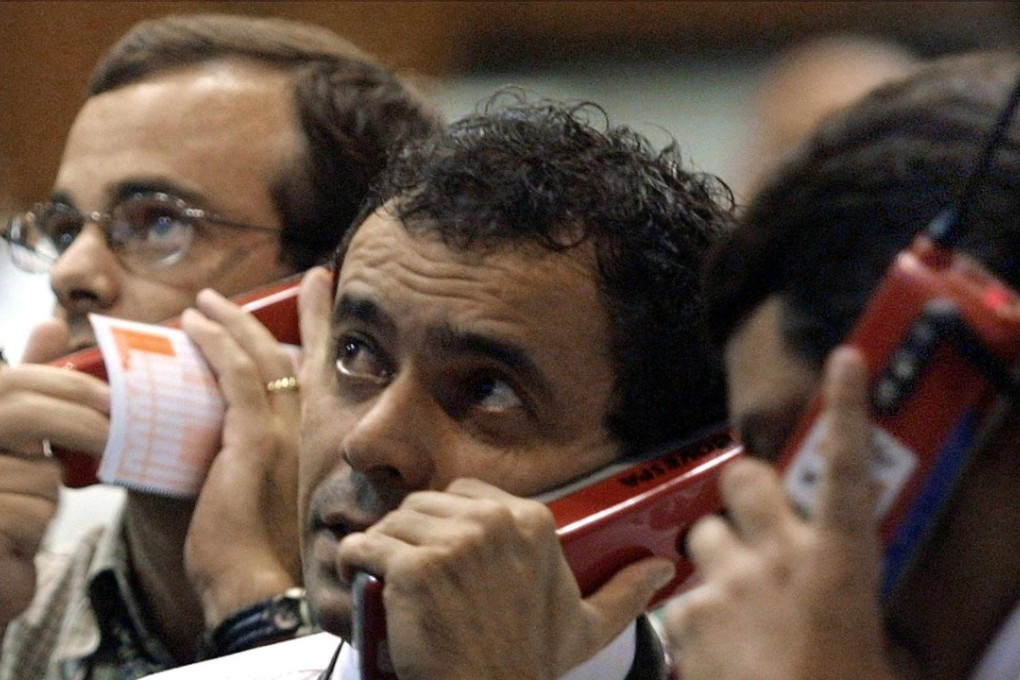Opinion | This week, stay close to a phone as global central bankers gather to find a solution to market crisis

Forgotten amid Donald Trump’s trade war insanity and diplomatic dumpster fires was Asia’s biggest fear entering into 2018: an aggressive US Federal Reserve.
Six months into his Fed chairmanship, Jerome Powell has been the picture of calm, probity and reason. His team only raised interest rates twice, 25 basis points in March and another step in June to a target of between 1.75 per cent and 2 per cent.
But is the Fed about to reprise its role as the Asian spoiler? The odds are rising with a US economy firing on all cylinders, and a US$1.5 trillion tax cut adding fuel.
We’ll learn just how much on Friday,when Powell headlines the Fed’s annual Jackson Hole retreat in the majestic mountains of Wyoming.
There’s nothing majestic about world markets, though, as Trump’s tariffs throw China, Turkey and any number of Asian “allies” off balance. Singapore is warning about a rocky second half. South Korea is seeing a marked downshift in exports and capital spending.
In Tokyo, Trump’s best pal anywhere, Prime Minister Shinzo Abe just saw exports to America plunge 5.2 per cent in July from a year earlier. It’s not an exaggeration to say shipments of cars skidded off a cliff - by 12.1 per cent. That, even before Trump’s proposed 25 per cent tax on all auto imports is enacted.
Accelerated Fed tightening, arguably warranted by drum-tight labour markets, would create quite the dilemma for Asia. For one thing, it would increase the gap between US bond yields and those of developing economies.
